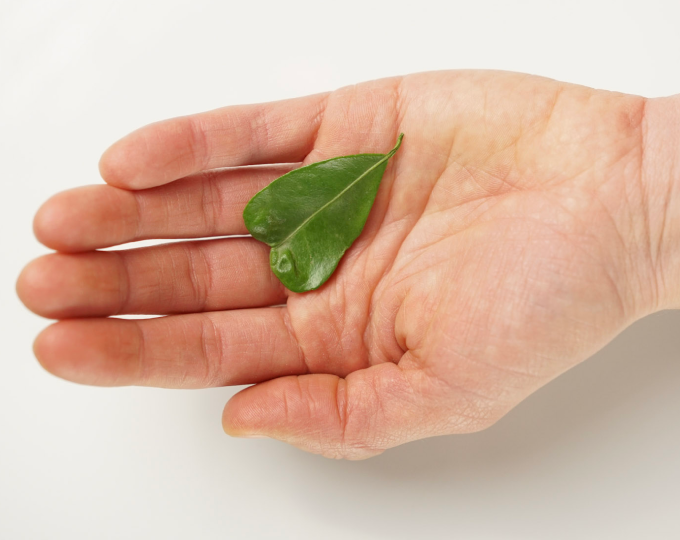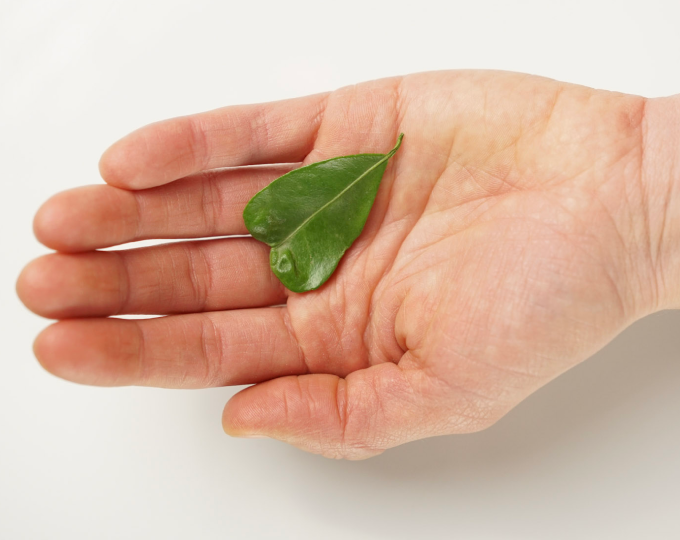Themen dieses Blogartikels:
What is vitamin b1?
Vitamin B1 is a water-soluble vitamin of the B vitamin group and is also called thiamine.
What are the functions of vitamin b1?
Thiamine is found in the body as thiamine pyrophosphate in energy metabolism, among other things. It is important here so that sugar building blocks in the mitochondrion can pass through the citrate cycle and the respiratory chain and so a whole lot of energy can be produced. Vitamin B1 is also important in the breakdown of amino acids. Only with this coenzyme can the branched-chain amino acids valine, leucine and isoleucine be broken down and thus contribute to energy metabolism, for example. Thiamine is also relevant for fatty acid synthesis and the synthesis of nucleotides (building blocks of DNA and cofactors in metabolism). Vitamin B1 is also important for our psyche and nervous system.1
What makes vitamin b1 unique?
Without vitamin B1, a whole range of energy metabolism enzymes no longer function. Our energy availability therefore depends on a sufficient concentration of thiamine.
How much vitamin b1 do you need per day?
The recommended thiamine intake according to the German Nutrition Society (DGE) is as follows3:
| Age | Thiamine mg/day male | Thiamine mg/day female |
| Infants | ||
| 0 to under 4 months | 0,2 | 0,2 |
| 4 to under 12 months | 0,4 | 0,4 |
| Children and teenagers | ||
| 1 to under 4 years | 0,6 | 0,6 |
| 4 to under 7 years | 0,7 | 0,7 |
| 7 to under 10 years | 0,9 | 0,8 |
| 10 to under 13 years | 1,0 | 0,9 |
| 13 to under 15 years | 1,2 | 1,0 |
| 15 to under 19 years | 1,4 | 1,1 |
| Adults | ||
| 19 to under 25 years | 1,3 | 1,0 |
| 25 to under 51 years | 1,2 | 1,0 |
| 51 to under 65 years | 1,2 | 1,0 |
| 65 years and older | 1,1 | 1,0 |
| Pregnant women | ||
| 2rd trimester | 1,2 | |
| 3rd trimester | 1,3 | |
| Breastfeeding | 1,3 |
When do you need vitamin b1 most?
Thiamine is particularly important in times of increased energy demand and consumption or when the mitochondria, our energy power plants, are damaged. Here it is involved in ensuring that pyruvate is not fermented but oxidized in the mitochondria and thus provides significantly more energy.2
How does a vitamin b1 deficiency develop and how does it manifest itself?
In this country, a vitamin B1 deficiency is usually the result of a disease that impairs the intake, absorption or metabolism of this micronutrient. This can be the case, for example, with morning sickness, liver insufficiency, severe anorexia or chronic alcohol abuse. A deficiency can manifest itself in irritability, headaches and memory problems. Severe thiamine deficiency can lead to the clinical picture of beriberi, which manifests itself in health problems such as muscle and heart weakness and oedema.4
What happens if there is an overdose of vitamin b1?
A diet-related overdose is unlikely: at doses of 5 mg or more per day, the body's absorption capacity decreases and the excess thiamine is excreted in the urine.5
Which foods are particularly high in vitamin b1?
Sprouts, for example wheat germ, contain a lot of vitamin B1. However, if the germ is processed into white flour, it is removed from the rest of the plant and is therefore lost. Sunflower seeds, yeast, soybeans and sesame seeds still contain vitamin B1. However, the vitamin is lost during cooking.
This dictionary entry is based on carefully researched sources:
Bibliography & Sources
- https://www.gesundheit.gv.at/leben/ernaehrung/vitamine-mineralstoffe/wasserloesliche-vitamin/vitamin-b1.html
- https://www.diagnostisches-centrum.de/images/PDF-DCMS-News/DCMS-News_August_2015_3.pdf
- https://www.dge.de/forschung/referenzwerte/thiamine/
- https://www.msdmanuals.com/de-de/profi/ern%C3%A4hungigkeit-und-intoxikation/thiaminelack
- https://www.bfr.bund.de/cm/343/hoechstmengevorschlaege-fuer-vitamin-b1-vitamin-b2-und-pantothensaeure-in-lebensmittel-inklusive-futterrgaenzmitteln.pdf





















